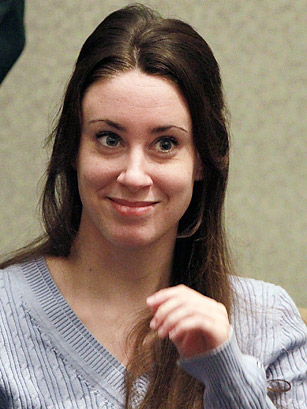
For weeks during the sticky summer doldrums, the U.S. was captivated by a murder trial in central Florida. Casey Anthony, a young, attractive mother, was accused of perhaps the most horrific of crimes: smothering her 2-year-old daughter Caylee to death and dumping her body in the woods. In the end, the case did not stand up under the burden of proof needed to convict Anthony. There was indeed reasonable doubt — prosecutors couldn't prove how Caylee died — and Anthony was set free after months of intense media and Internet speculation about everything from her sexual proclivities to her relationship with her father. TIME's John Cloud called it the first great trial of the social-media age. While Anthony has disappeared from tabloids for now and we may never know what happened to Caylee, the sensational event forced us to take a close look at some difficult issues, from the role of the press in our justice system to the way female defendants are viewed. It's an ongoing discussion that goes far beyond one woman's innocence or guilt.